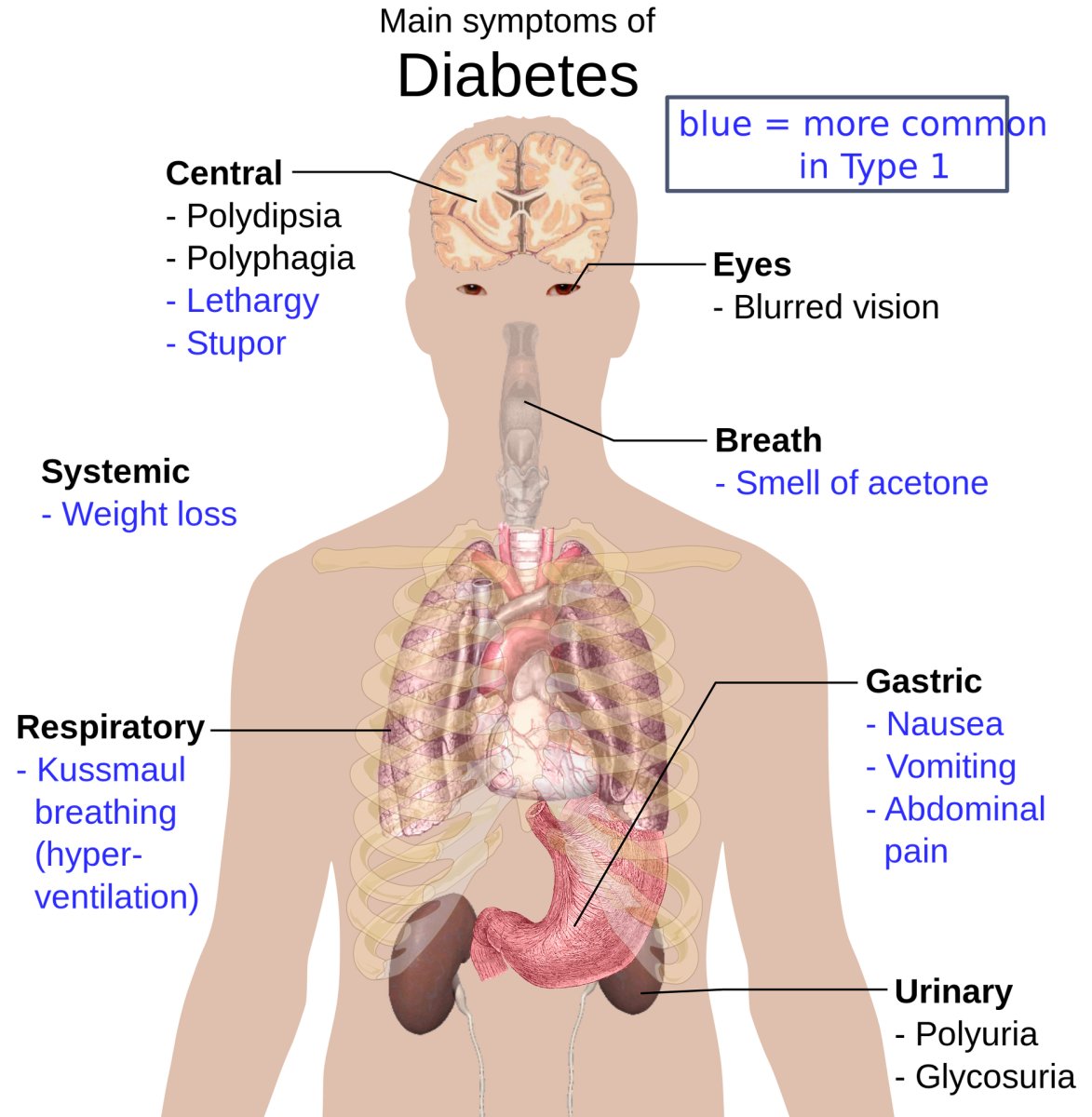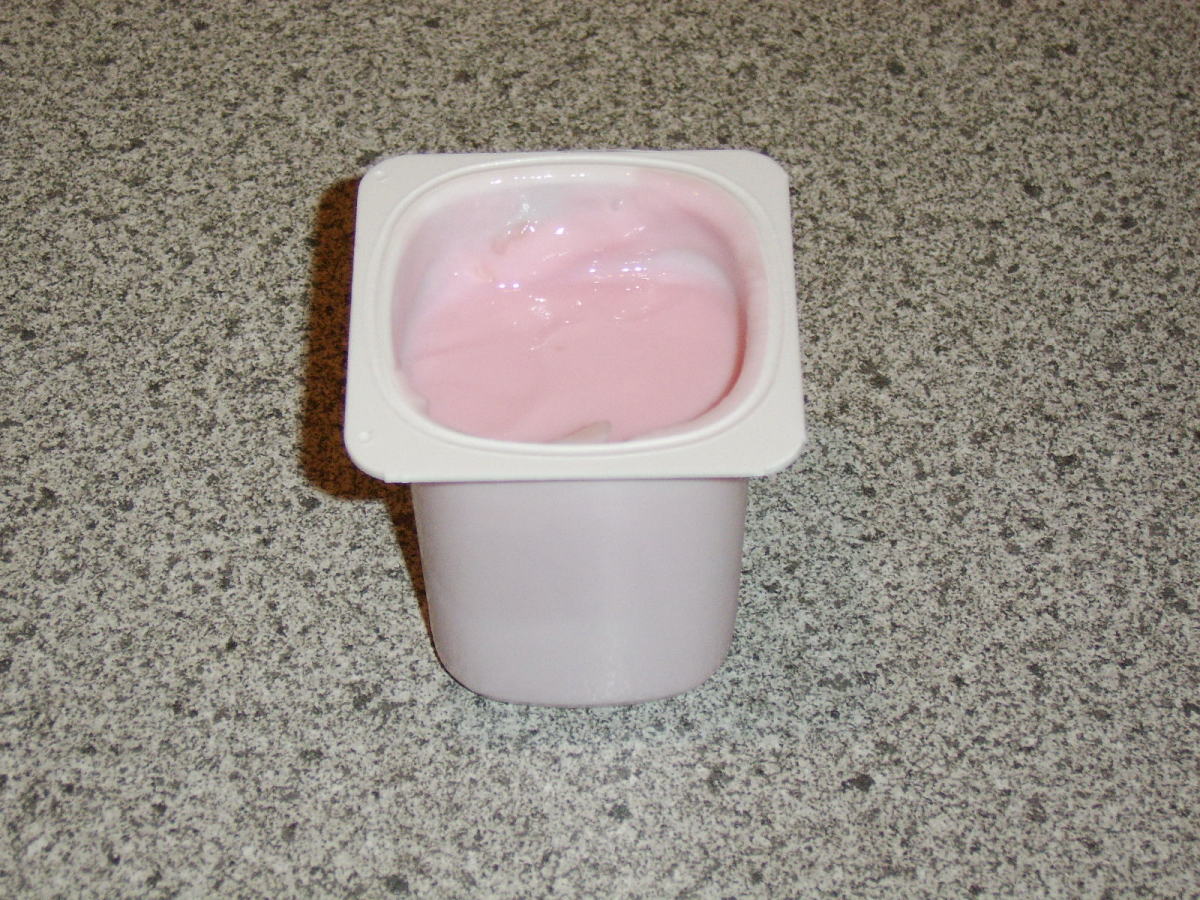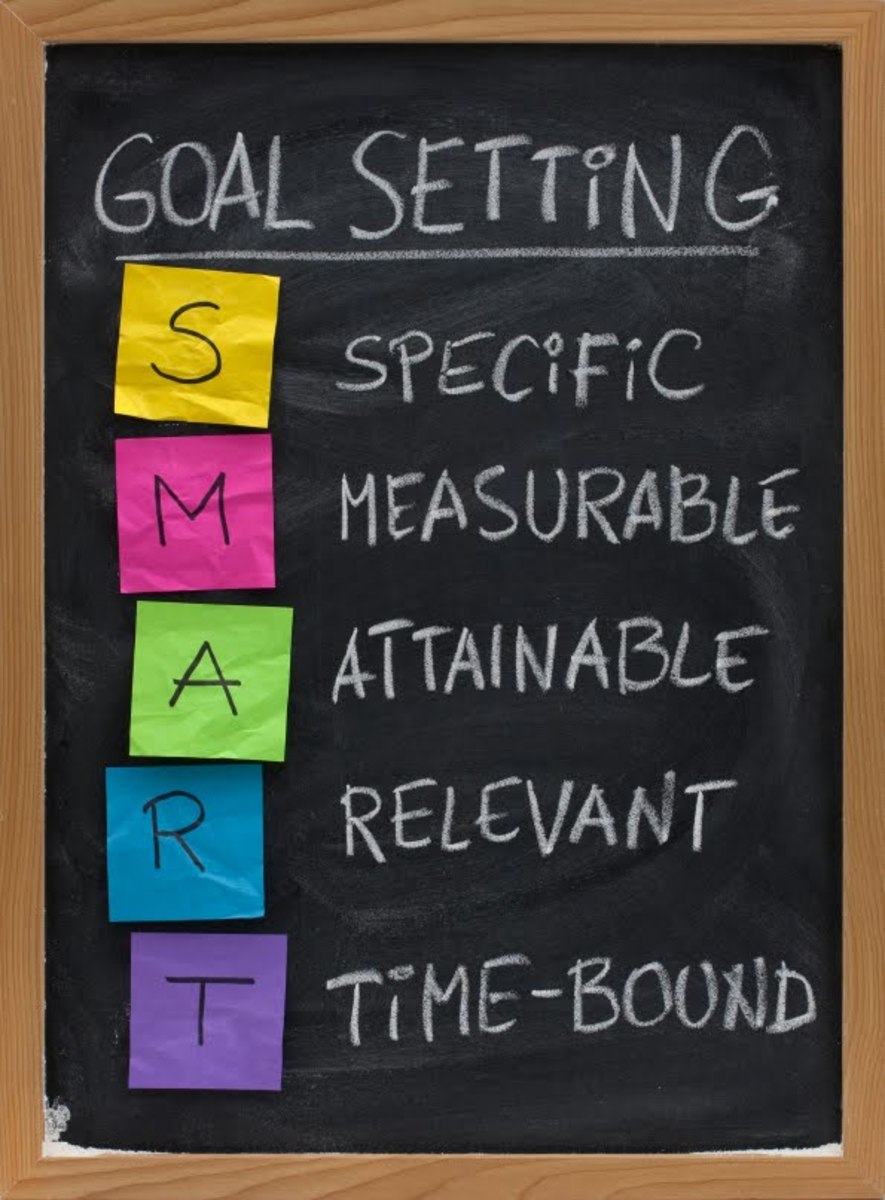What happens when you overload your body with too much protein?
How concern are you in what is put into your body?
Let us talk about how the saying of you are what you eat is part true. Many believe what they are told, and the information is typically through commercials. There are also many health tips that are well known, such as fatty food is bad. Somethings are not so hard to figure out, but there are things that does give the illusion that it is good. Another typical understanding is that too much of anything is bad, which is true, except money but we are not talking about that.
What happens when you have too much protein?
Having too much protein was proven to be bad and it forces the body to go into a ketosis state. This is when the body is creating or producing ketones from burning fat for energy instead of carbohydrates. The ketones are in the blood and the kidneys has to work hard to clean it up, and in the process it will cause dehydration and may also cause kidney stones to develop.
Ketones causes critical damage because it forces the body to work harder to get rid of it. It is also known for ketones to cause insulin resistance, and in doing so will cause the glucose level in the blood to build up. Glucose is a sugar that the body normally uses for energy, but because of insulin resistance from the ketones in the body it is not able to transport glucose to cells for energy, so it will use what is available instead and in this case it would be the fat. In the process of breaking down fat it will cause more ketones to be produced.
Having high glucose level may only lead to high levels of ketones that are in the blood. If this continues to happen it can cause complication called diabetic ketoacidosis. If this is not address it can lead to very severe consequences, at this point the only way to improve is by consulting a medical professional.
Some may say that if you have healthy kidneys, there are nothing to worry about. But what about over working the kidneys? This is not like a car where you think the other is a spare or something. Overworking any internal organ is not good, because its harder to pinpoint the issue and if large scale issues can be prevented, then why not?
How to measure the amount of protein?
To avoid this issue is simple, on a daily basis a person consumes 2,000 calorie, about 200 of those should be from protein or about 15% of your total calories should be from protein. But people who are mindful about their protein intake measures about 0.4 to 0.5 grams per pound. It really depends on how it is measured, but it should be according to your weight.
Just because large amount of protein is bad, it does not mean you do not need to have it. Anything taken, has to be taken moderately. This said, it goes for anything from protein to calcium. Yes, too much calcium is also deadly, but this is not about calcium.
Other things like vitamin C, if taken too much you will just end up in the bathroom with a bad stomachache. At least it will not be life threatening as too much consumption of other minerals.
Enjoy the knowledge, some may know more, so please share








